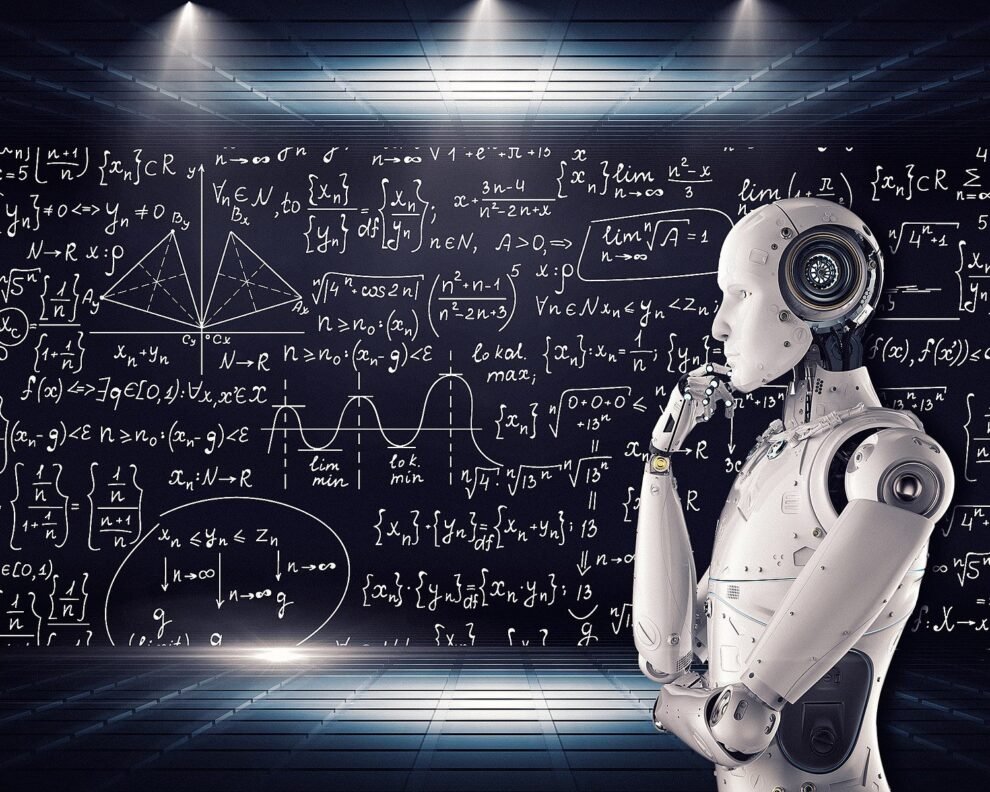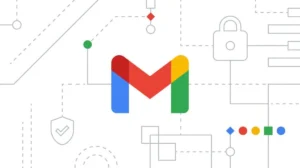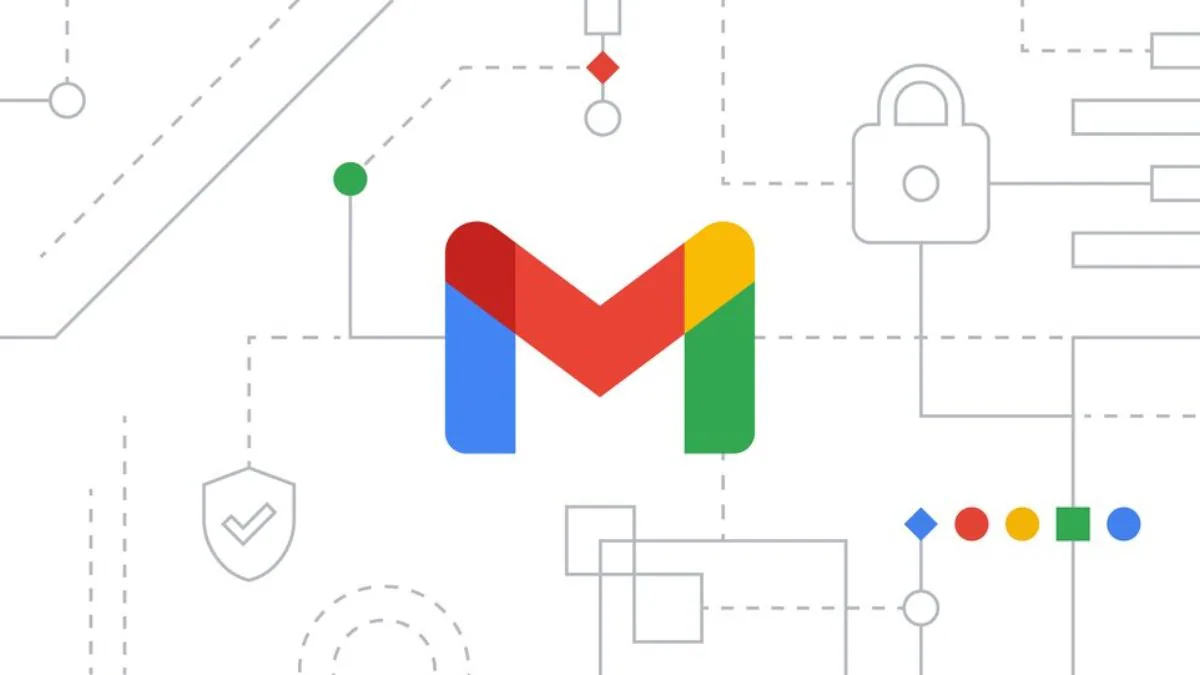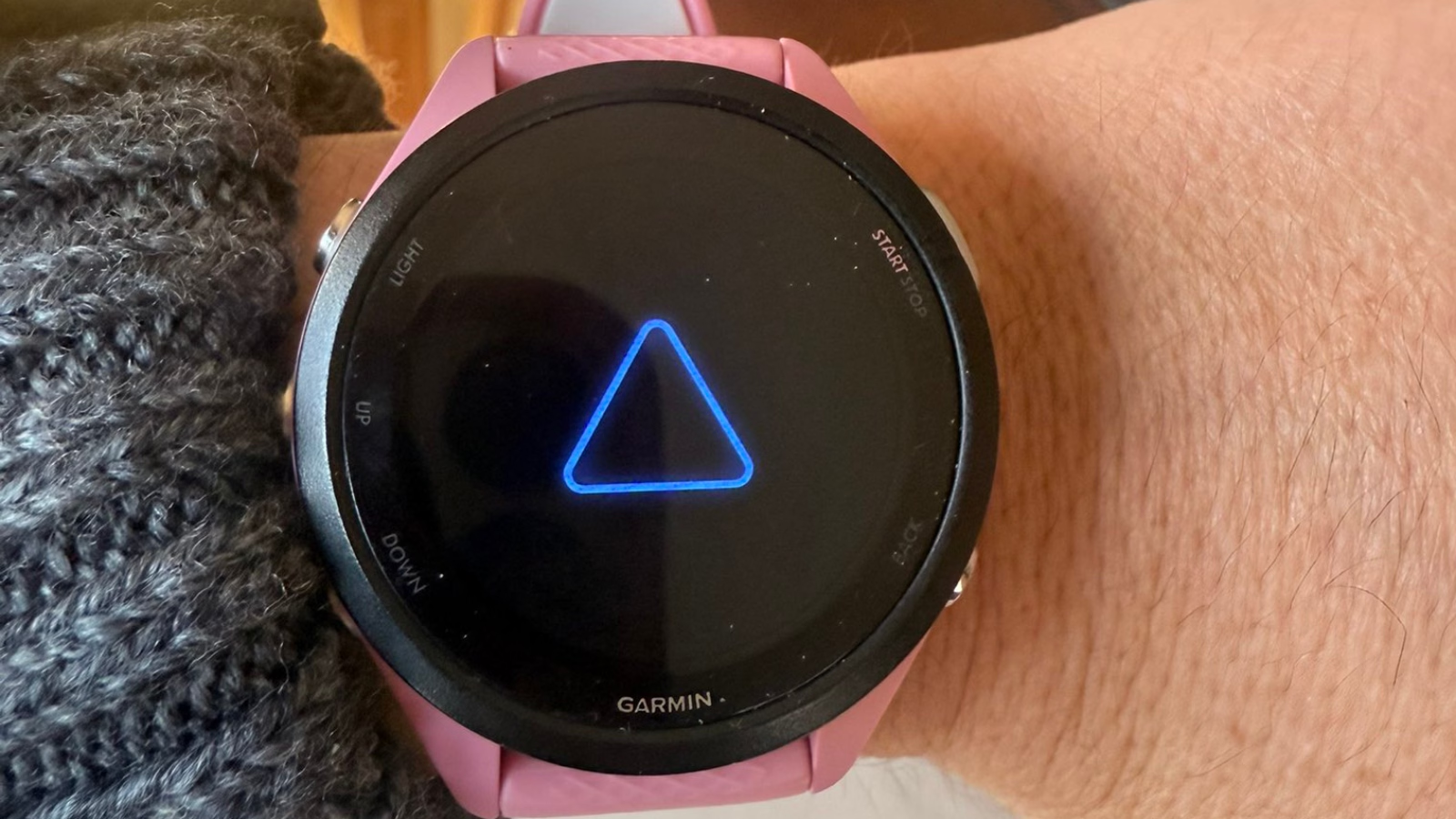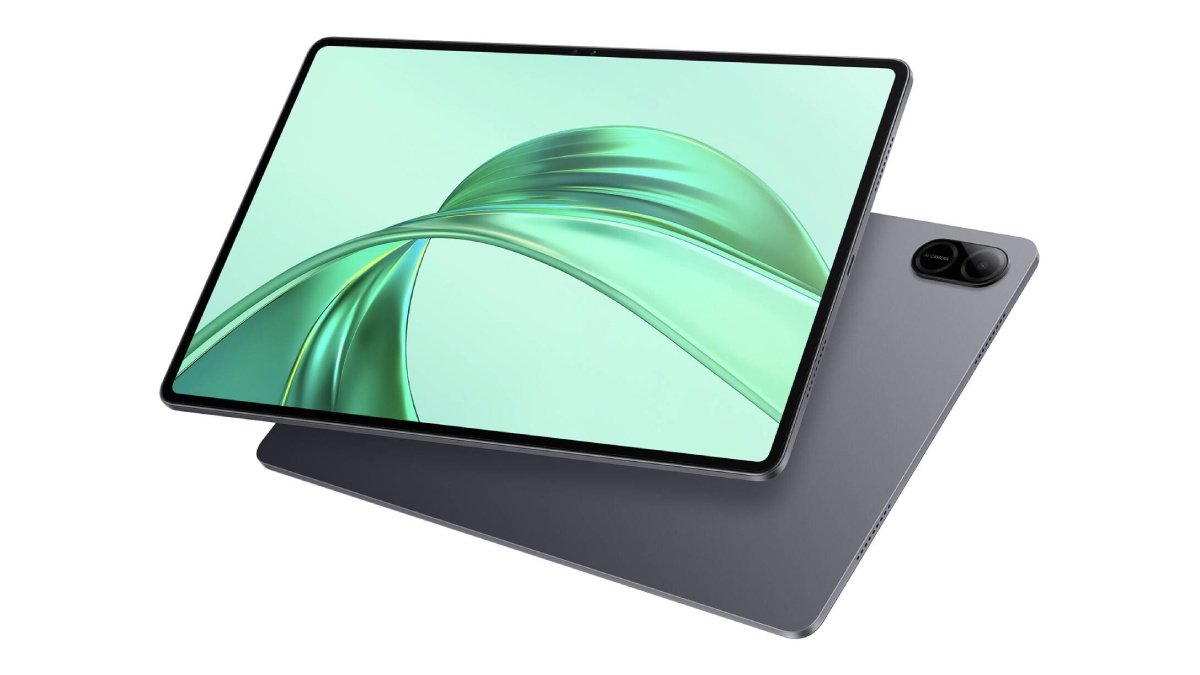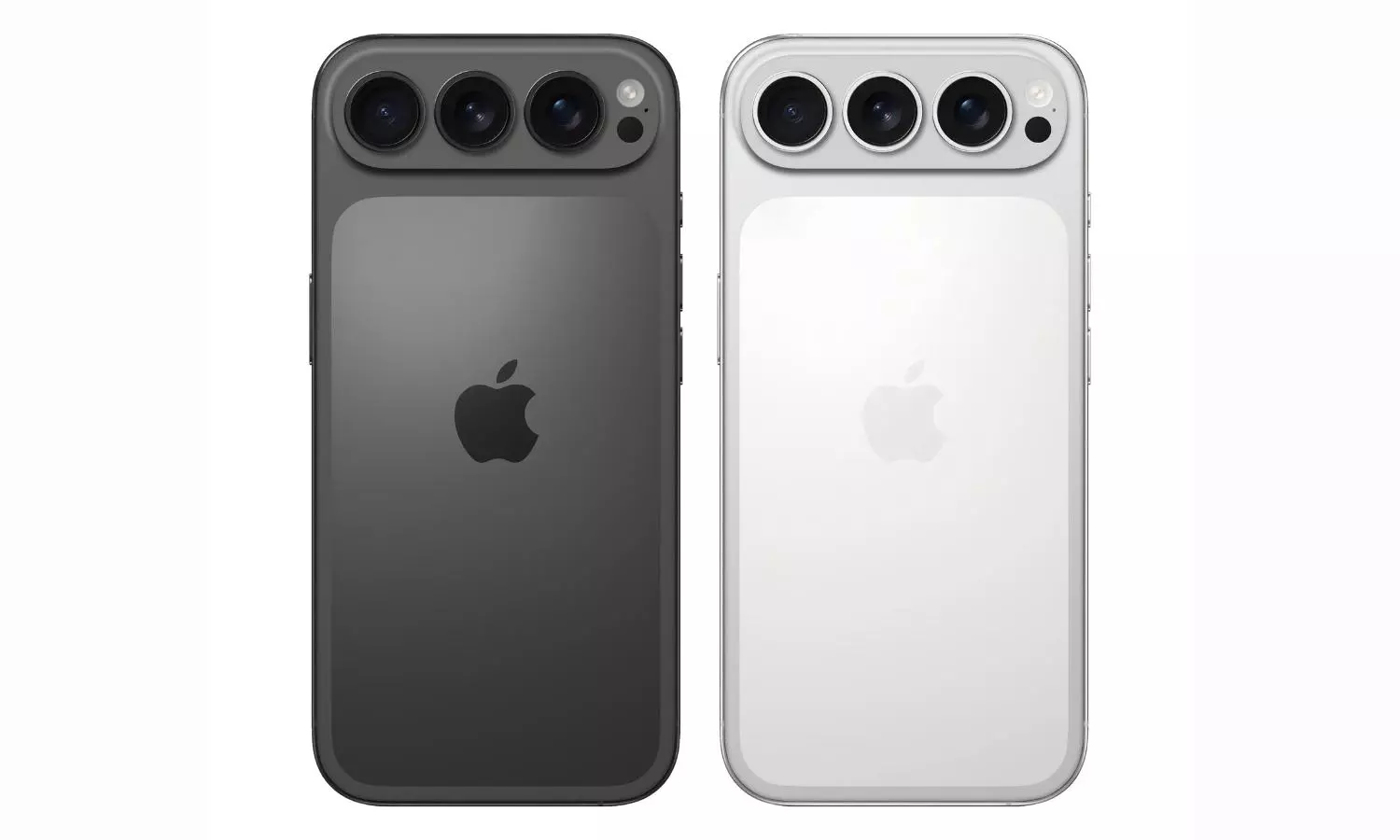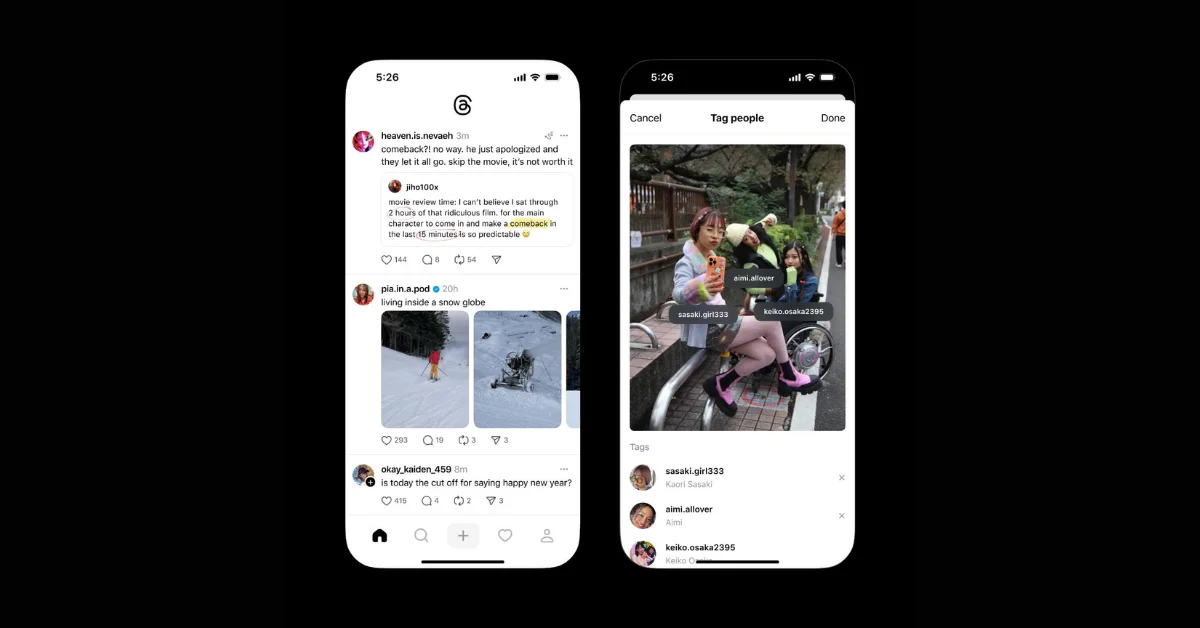The literary world is abuzz with discussions about the role of artificial intelligence in creative writing, following Japanese author Rie Kudan’s recent admission that she used ChatGPT to help write parts of her Akutagawa Prize-winning novel, “Tokyo-to Dojo-to” (“Sympathy Tower Tokyo”). This revelation has ignited a debate on the ethics and implications of AI in literature.
Key Highlights:
- Rie Kudan wins Akutagawa Prize, Japan’s most prestigious literary award, with a novel aided by ChatGPT.
- About 5% of “Tokyo-to Dojo-to” consists of sentences generated verbatim by AI.
- Kudan’s novel explores a futuristic Japan where AI is a central part of everyday life.
- The use of ChatGPT in literature raises questions about creativity, originality, and the future of writing.
- Literary community divided over the acceptance and implications of AI-generated content in award-winning works.

The Intersection of AI and Creative Writing
Rie Kudan’s groundbreaking novel, set in a futuristic version of Japan where AI is deeply integrated into daily life, follows an architect challenged with designing a high-rise prison. The book’s nuanced exploration of societal issues and its flawless narrative earned it high praise from the Akutagawa Prize judges. Kudan, in her acceptance speech, disclosed that around 5% of the novel was composed of sentences directly generated by ChatGPT, a revelation that has since stirred widespread discussion.
AI as a Creative Tool
Kudan’s candid acknowledgment of using ChatGPT as a writing tool highlights the evolving landscape of creative writing. She mentioned that the AI’s responses sometimes inspired dialogue in her novel, showcasing the potential of AI in enhancing the creative process. This novel approach to writing, blending human creativity with AI’s capabilities, has been seen as both an innovative method and a point of contention within the literary community.
Ethical Considerations and Literary Integrity
The use of AI in literature is not without its critics. Concerns have been raised about the ethical implications of using AI-generated content in award-winning works, with debates centering around the originality and authenticity of such contributions. Some members of the literary world, including notable authors such as Salman Rushdie and George R.R. Martin, have voiced skepticism and even outright rejection of AI’s role in creative writing, citing concerns about the diminishment of human creativity and the potential for plagiarism.
The Future of Writing in an AI-Driven World
Kudan’s achievement with “Sympathy Tower Tokyo” opens up new possibilities and questions about the future of writing in an AI-assisted era. As AI technology continues to advance, it challenges traditional notions of authorship and creativity, compelling both writers and readers to reconsider what constitutes a literary work.
Diverse Reactions and Ongoing Debates
The response to Kudan’s AI-assisted writing has been varied, with some praising the innovative use of technology in expanding creative horizons, while others remain apprehensive about the implications for artistic integrity. The debate extends beyond literature, as seen in similar controversies in other creative fields such as photography and music.
In conclusion, Rie Kudan’s use of ChatGPT in crafting her Akutagawa Prize-winning novel represents a significant moment in the intersection of technology and creativity. It raises fundamental questions about the role of AI in artistic expression and the evolving nature of authorship in the digital age. As AI continues to permeate various aspects of life, including the arts, it beckons a reevaluation of traditional boundaries and invites a broader understanding of creativity in the 21st century.

